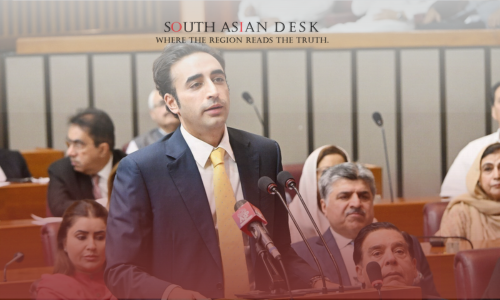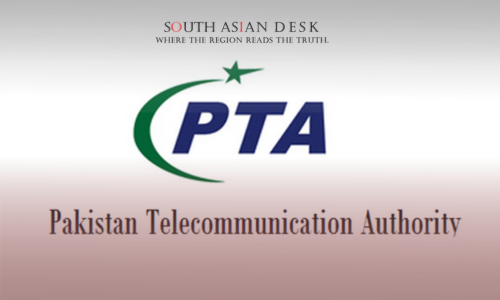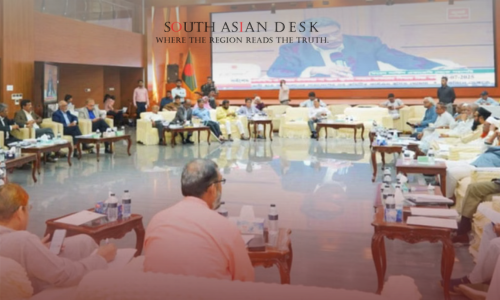Indus water treaty faces new strain as Pakistan demands fair share following recent statements from Former Foreign Minister Bilawal Bhutto Zardari, who emphasized Pakistan’s resolve to secure equitable water distribution from the Indus River system. The 1960 agreement, brokered by the World Bank, allocates the waters of six rivers between India and Pakistan, with India controlling the eastern rivers (Ravi, Beas, Sutlej) and Pakistan the western rivers (Indus, Jhelum, Chenab). This treaty has long been a cornerstone of water-sharing cooperation despite decades of bilateral friction.
Bhutto Zardari’s remarks come amid ongoing disputes, particularly over India’s hydropower projects on the western rivers, which Pakistan argues could disrupt its water supply. He stressed that Pakistan expects India to adhere to the treaty’s terms for fair water allocation, warning that failure to do so could prompt Pakistan to seek access to water from all six rivers. This statement reflects growing concerns in Pakistan, where the Indus system supports 80% of its agriculture and a significant portion of its hydropower needs.
The treaty has faced challenges before, including Pakistan’s objections to India’s Kishanganga and Ratle projects, which led to World Bank-mediated discussions. Recent posts on X highlight public sentiment in Pakistan, with some users framing India’s actions as a threat to regional stability, while others in India view the treaty as outdated given changing environmental and demographic pressures. Both nations have expressed frustration, with India citing the need for clean energy and Pakistan emphasizing its dependence on the western rivers.
Climate change adds complexity, as shrinking Himalayan glaciers threaten long-term water availability. The Permanent Indus Commission, established under the treaty, remains a mechanism for dialogue, but its effectiveness is questioned as political tensions rise. Pakistan’s call for equitable water sharing underscores the need for renewed cooperation to ensure the treaty’s viability.
Published in SouthAsianDesk, June 23rd, 2025
Follow SouthAsianDesk on X, Instagram and Facebook for insights on business and current affairs from across South Asia.






